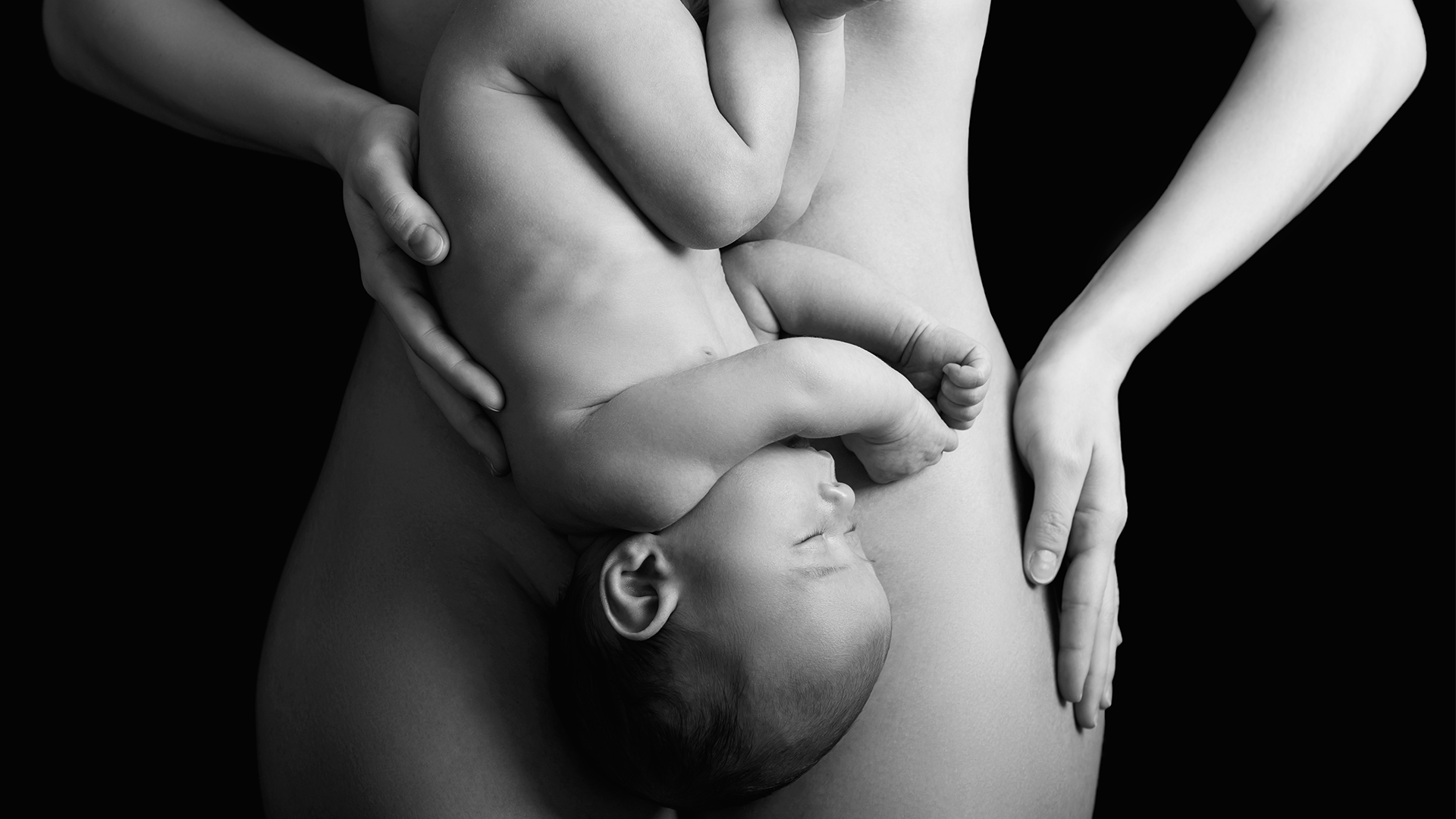The Professional Is Personal: A Nurse’s Journey to Building a New Health Care Model
I was seven years old when I decided to pursue a career in pediatrics. That was when my brother passed away from a congenital heart defect.
Michelle Stephens, PhD, CPNP, RN
He had a hypoplastic left heart, which in the early 1990s was incurable. I’ll never forget the first and only time I was with my brother. A nurse met with my sister and me and explained to us what was happening. She encouraged us to draw a big picture of a heart, which she taped to his incubator. I knew then that I wanted to devote my life to making that kind of lasting impact.
After undergrad at Georgetown University, I worked in the pediatric intensive care unit (PICU) at the Children’s Hospital of Philadelphia, the same hospital where the surgical repair for my brother’s defect was developed by William Norwood, MD. While taking care of patients like my brother, I witnessed the tremendous amount of stress parents and children undergo while in the PICU. This full circle experience prompted me to reflect on my own experiences with stress in early childhood and realize they were connected to the trauma of my brother’s death.
I became a pediatric nurse practitioner to aspirationally prevent tertiary care experiences in primary care. Unfortunately, that’s not the way our system was designed. The U.S. health care system today is siloed, generic, inequitable, transactional, and antiquated - and this medical system is nowhere more harmful than throughout the fertility, pregnancy, and pediatric journeys. As a clinician, I have 7 minutes to get a retrospective report so that I can check a bunch of boxes in the medical record for billing and insurance purposes only, and then send the family off with a bunch of care recommendations that are not rooted in maternal and child research.
About two years into my clinical practice and teaching as an adjunct professor of pediatrics at my alma mater, Georgetown University, I became pregnant for the first time. I went on to experience two miscarriages and received just 6 weeks of family medical leave - not paid maternity leave. I survived a suicide attempt because I had undiagnosed postpartum depression with my second child. I want to acknowledge that while my motherhood journey is underpinned in privilege, I still had a hard time due to the lack of support available to parents in the U.S. health care system.
These personal and professional experiences fueled an obsession to influence my clinical practice with my own research. I decided to pursue a PhD at UCSF with the foremost researchers in early childhood stress physiology. I became fascinated with the phenomenon of adverse childhood experiences (ACEs). More than four decades of research (not taught in medical school and barely addressed in the clinical setting) prove that ACEs are ubiquitous and have lifelong impacts on health and well-being. In fact, there is a very strong dose response correlation to 7 out of the top 10 chronic illnesses we face today in the U.S. Arguably, we are going about solving chronic illness all wrong. We start too late in the life cycle and medicate instead of preventing.
The biggest takeaway from my research is that the single, most effective antidote to childhood stress is for children to have positive adult relationships. If parents can consistently show up for their children, demonstrating that they’ve managed their own reactivity and can exhibit behaviors and provide tools to buffer their child’s stress, then they will put themselves and their children on a healthier life trajectory.
I now sit at the intersection of motherhood, clinical practice, and scientific research. I am channeling all these experiences to build Oath Care. Oath is a new model of health care, rooted in community, to improve the health of all families. At Oath, we believe that health is social. Our community platform combines AI technology, fellow parents, and a wide array of experts including mental health therapists, doulas, nurses, physicians, lactation and sleep consultants, and pelvic floor specialists to support the well-being of all families from pregnancy through age five.
I would not be standing here today if it weren’t for the community bonds that I formed throughout my early motherhood journey. I created Oath Care to give parents what they have always deserved - continuous, personalized care paired with intimate community support all at their fingertips.










